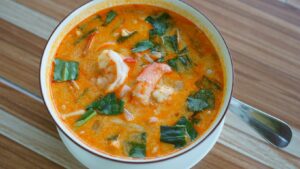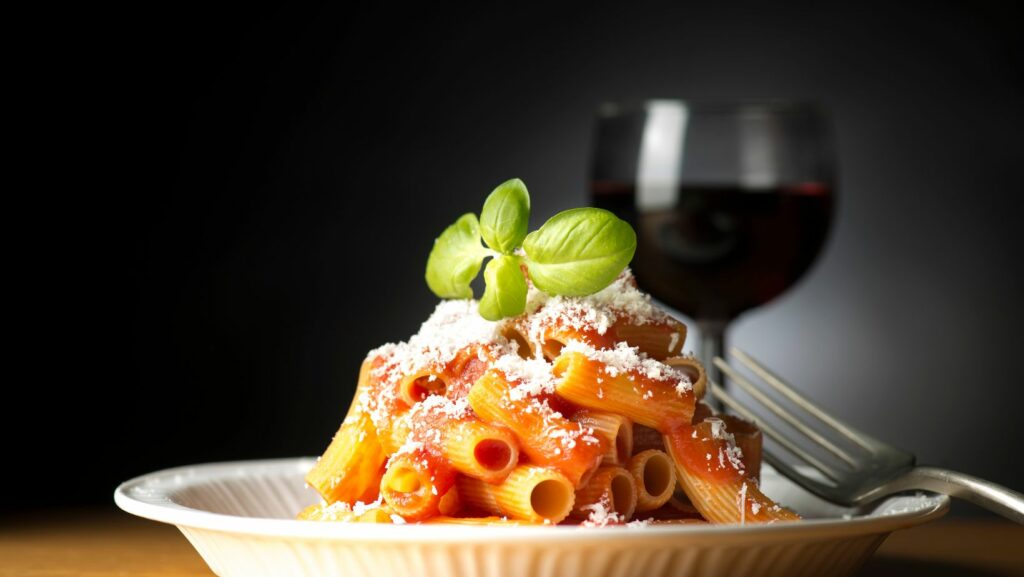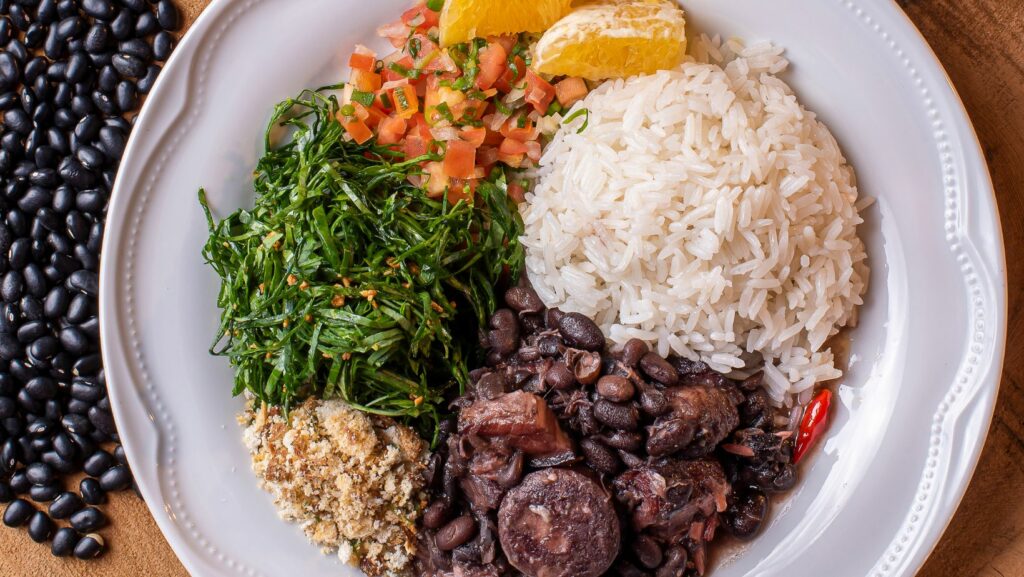Discover the vibrant tapestry of flavors that define Greece’s rich food culture. From the sun-kissed shores of the Mediterranean to the bustling streets of Athens, Greek cuisine is a celebration of fresh ingredients, bold herbs, and centuries-old traditions. It’s a culinary journey that reflects the country’s history, geography, and warm hospitality.
Greece Food Culture
Greek cuisine is a mosaic of regional specialties that showcase the country’s diverse culinary heritage. From the savory dishes of Crete to the fresh seafood of the Aegean Islands, each region offers a unique gastronomic experience. Some notable regional specialties include:

- Cretan Dakos: A traditional Cretan dish consisting of barley rusk topped with chopped tomatoes, feta cheese, olives, and herbs.
- Santorini Fava: A creamy yellow split pea puree from the island of Santorini, typically served with olive oil and capers.
- Macedonian Tzatziki: A variation of the classic Greek yogurt and cucumber dip with the addition of walnuts for a distinctive flavor.
Exploring these regional specialties allows food enthusiasts to delve into the diverse flavors of Greece and experience the authentic tastes of each area.
Signature Greek Ingredients
Greek cuisine heavily relies on olives and olive oil as essential ingredients. With a long history of olive cultivation, Greece is known for its high-quality olive products. Evidently, olives are not just a staple food but play a crucial role in the country’s culture and economy. The diverse range of olives – from Kalamata to Halkidiki – provides distinct flavors suitable for various dishes, while the golden olive oil is a key component in most Greek recipes. In fact, olive oil is often used for cooking, dressing salads, and enhancing the taste of many traditional dishes.

Cheese holds a significant place in Greek gastronomy, where various types of cheese are cherished for their unique textures and flavors. Feta, a brined curd white cheese made from sheep’s milk, is one of the most famous Greek cheeses globally. Its tangy taste and crumbly texture make it a versatile ingredient in salads, pastries, and meat dishes.
Greek Cooking Techniques
Greek cooking techniques often feature open flame grilling, a method deeply rooted in the country’s culinary traditions. It’s common to find Greek chefs preparing dishes over open fires, imparting a distinct smoky flavor to the food. This technique is utilized to cook various meats, including lamb, pork, and chicken, enhancing their taste with the unique essence of the flames.

In Greece, slow cooking methods are prevalent, allowing flavors to develop and intensify over time. Stews and casseroles are simmered for hours on low heat to tenderize the ingredients and blend the aromas harmoniously. This approach is particularly popular in Greek cuisine as it ensures that the final dish is rich in taste and texture, reflecting the careful preparation that characterizes traditional Greek recipes.
Influence of History on Greek Cuisine
Ancient Greek civilization has had a profound impact on the development of Greek cuisine. The diet of ancient Greeks was characterized by simplicity, with an emphasis on natural and fresh ingredients such as grains, vegetables, fruits, fish, and olive oil. Many of these dietary staples have endured through centuries and remain integral to modern Greek cooking. Herbs like oregano, mint, and thyme, which were widely used in ancient Greek cuisine, continue to play a vital role in flavoring contemporary Greek dishes.
The Ottoman Empire’s rule over Greece from the late Middle Ages to the early 19th century brought about a significant culinary exchange that shaped modern Greek cuisine. Turkish influences introduced ingredients like eggplant, yogurt, and spices such as cinnamon and cumin to Greek cooking, adding depth and complexity to traditional dishes.. The interplay of Ottoman and Balkan culinary customs with indigenous Greek traditions has created a vibrant and diverse food culture that is a reflection of Greece’s historical encounters and cultural exchanges.



